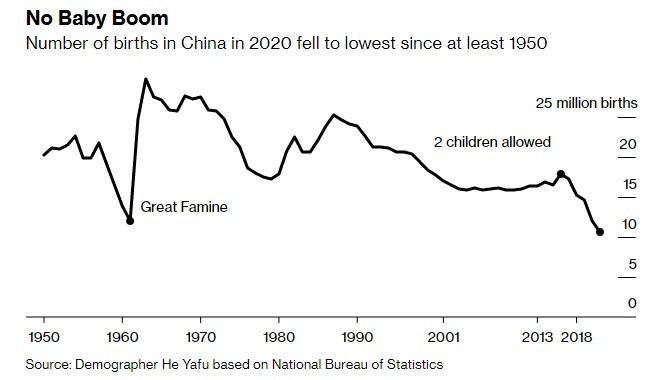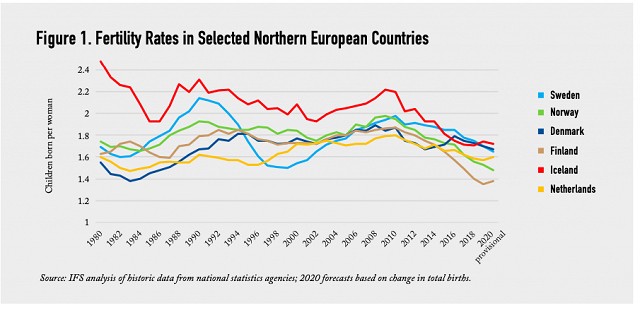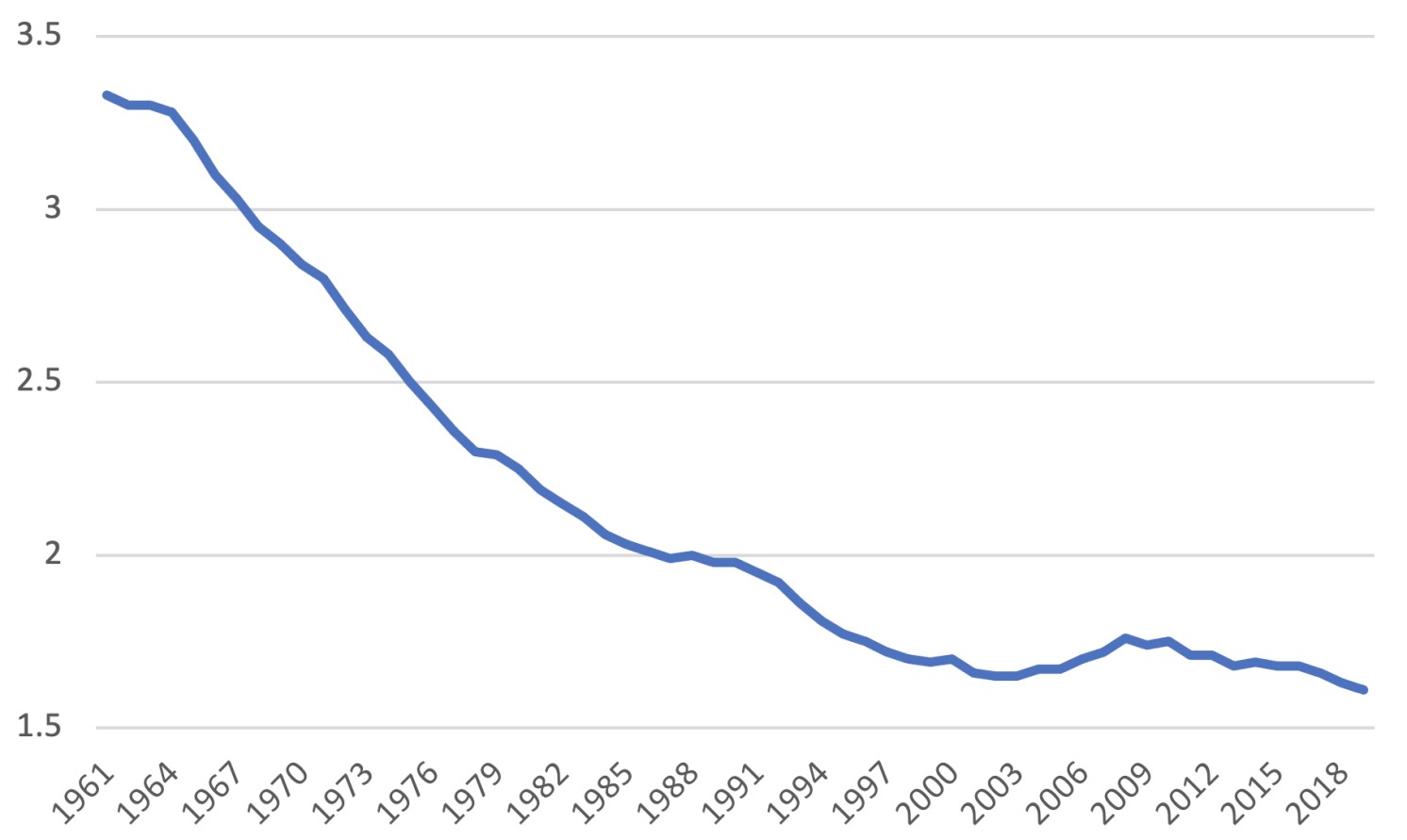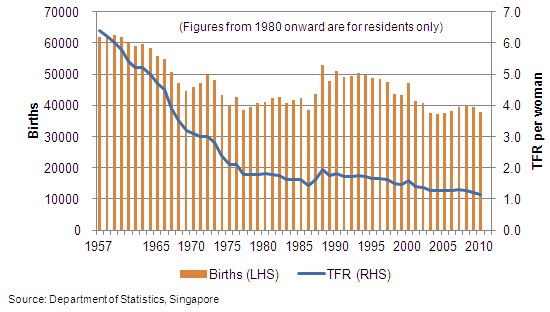White House Considers $5,000 Baby Bonus to Combat Declining U.S. Birth Rates
The Biden administration is exploring a $5,000 'baby bonus' incentive to address historically low U.S. birth rates, despite mixed results from similar programs abroad. Evidence from countries like Australia and Hungary suggests financial incentives alone may not significantly impact birth rates given modern parenting costs and changing societal attitudes.
China's Automation Boom Linked to Plummeting Birth Rates
A groundbreaking study reveals that increased industrial robot adoption in China is leading to significantly lower birth rates, especially among manufacturing workers and young adults. The research shows automation affects fertility through reduced wages, longer work hours, delayed marriages, and changing family planning goals.
Job Security Drives Finland's Birth Rate: Study Shows Career Stability Linked to Higher Fertility
Research reveals a stark correlation between career stability and fertility rates in Finland, with healthcare and teaching professionals maintaining higher birth rates while tech sectors see sharp declines. The findings challenge Finland's welfare state model as economic uncertainty increasingly shapes family planning decisions.
DOT's Controversial Move: Infrastructure Funding Now Tied to Marriage and Birth Rates
The U.S. Department of Transportation unveils groundbreaking policy linking infrastructure grants to community marriage and birth rates. The unprecedented move could significantly benefit rural areas while potentially limiting funding for urban centers, sparking debate about federal funding criteria.
Job Insecurity Fuels Birth Rate Decline: A Tale of Two Nations
New research reveals how temporary employment significantly impacts birth rates in Germany and Australia, with job security emerging as a crucial factor. The study highlights stark contrasts in family support systems, with German families retaining 93% of pre-birth income versus Australia's 59%.
Tokyo Pioneers 4-Day Workweek to Boost Birth Rates and Work-Life Balance
Tokyo's metropolitan government announces a bold initiative to implement a four-day workweek for 160,000 city employees starting April 2025. The groundbreaking policy aims to combat Japan's record-low fertility rates and reform the country's demanding work culture.
Tokyo Pioneers 4-Day Workweek to Combat Demographic Crisis
The Tokyo Metropolitan Government is implementing a groundbreaking four-day workweek policy for government employees starting April, aiming to support working parents and address Japan's declining birth rates. The initiative represents a major shift from Japan's traditionally rigid work culture and could inspire nationwide workplace reforms.
Remote Work Revolution: Singapore's Solution to Declining Birth Rates
A groundbreaking study reveals that workplace flexibility policies could significantly boost Singapore's plummeting fertility rates, currently at 1.1 births per woman. Research shows reduced hours, flexible scheduling, and remote work options could increase family planning intentions by up to 79% among unmarried professionals.







